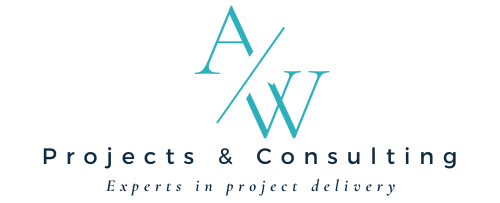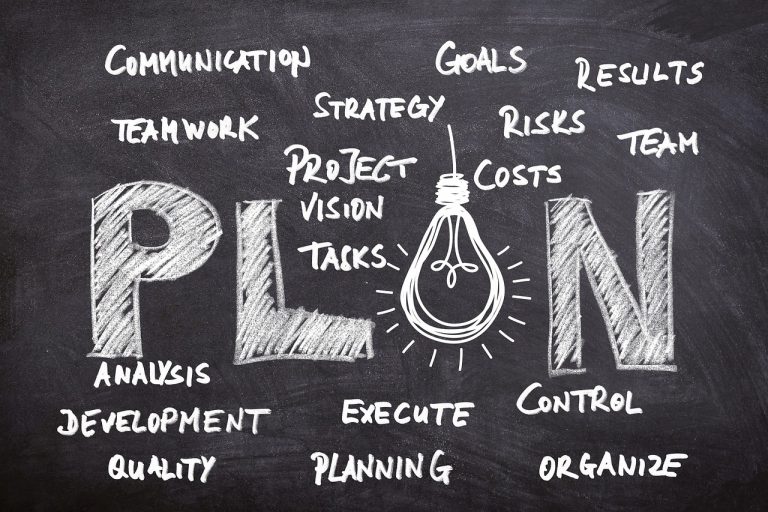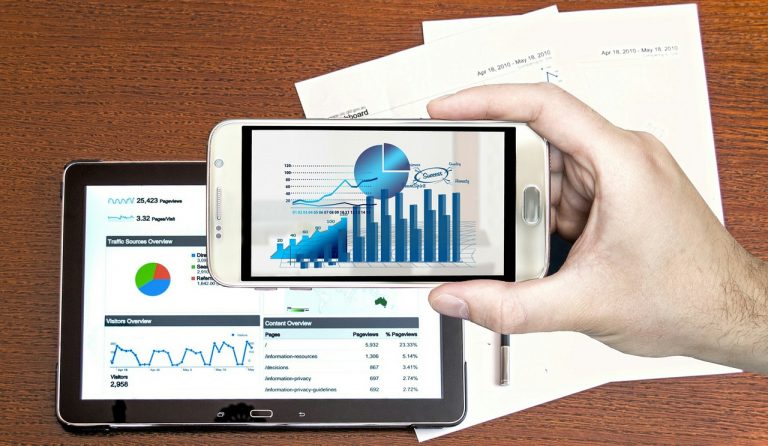Navigating the Future: Current Trends in Project Management
In the ever-evolving landscape of project management, staying abreast of current trends is essential for professionals aiming to lead successful projects and drive organizational growth. From technological advancements to evolving methodologies, the field of project management is undergoing significant transformation. This article explores the latest trends shaping the project management landscape and offers insights into how these trends can be leveraged for project success.
1. Agile and Hybrid Methodologies
- Agile Evolution: Agile methodologies, initially popular in software development, have expanded into various industries. Agile principles—such as iterative development, flexibility, and customer collaboration—are being adapted to manage diverse projects.
- Hybrid Approaches: Organizations are increasingly adopting hybrid project management approaches that combine elements of Agile and traditional Waterfall methodologies. This blend allows for greater flexibility and adaptability while maintaining structured planning and execution.
2. Digital Transformation and Technology Integration
- Project Management Software: Advanced project management tools and platforms are enhancing collaboration, tracking, and reporting. Features such as AI-driven analytics, automation, and cloud-based solutions are streamlining project processes and improving efficiency.
- IoT and Smart Technologies: The Internet of Things (IoT) and smart technologies are providing real-time data and insights into project performance, resource usage, and environmental conditions, enabling more informed decision-making.
3. Data-Driven Decision Making
- Big Data Analytics: Leveraging big data analytics allows project managers to gain valuable insights into project performance, risks, and trends. Data-driven decision-making helps in predicting outcomes, optimizing resources, and improving project planning.
- Predictive Analytics: Predictive analytics tools use historical data and statistical algorithms to forecast future project outcomes, identify potential risks, and enhance strategic planning.
4. Emphasis on Soft Skills and Leadership
- Emotional Intelligence: Emotional intelligence (EI) is becoming increasingly important for project managers. Skills such as empathy, communication, and conflict resolution are critical for leading diverse teams and managing stakeholder relationships effectively.
- Leadership Development: There is a growing focus on developing leadership skills among project managers. Effective leadership involves motivating teams, driving change, and fostering a positive project culture.
5. Remote and Distributed Teams
- Remote Work: The rise of remote work has transformed team dynamics and project management practices. Tools and strategies for managing virtual teams, maintaining communication, and ensuring productivity are essential for project success.
- Collaboration Platforms: The use of collaboration platforms and communication tools has become standard for managing distributed teams. These tools facilitate real-time collaboration, file sharing, and project tracking across different locations.
6. Sustainability and Social Responsibility
- Green Project Management: There is an increasing emphasis on sustainability in project management. Green project management practices focus on minimizing environmental impact, reducing waste, and incorporating sustainable practices into project planning and execution.
- Social Responsibility: Projects are increasingly aligning with corporate social responsibility (CSR) goals. Emphasizing ethical practices, community engagement, and social impact is becoming a key consideration in project planning and execution.
7. Increased Focus on Risk Management
- Proactive Risk Management: With the growing complexity of projects, there is a heightened focus on proactive risk management. Identifying potential risks early, implementing mitigation strategies, and continuously monitoring risk factors are critical for project success.
- Risk Management Tools: Advanced risk management tools and software are available to assess, monitor, and manage project risks more effectively, providing insights and recommendations for risk mitigation.
8. Continuous Improvement and Agile Practices
- Continuous Delivery: The concept of continuous delivery, often associated with Agile, emphasizes the frequent release of project deliverables. This approach allows for regular feedback, iterative improvements, and faster time-to-market.
- Lean Practices: Lean project management practices, focusing on eliminating waste and optimizing processes, are being integrated into various project management methodologies to enhance efficiency and value delivery.
Conclusion
Staying current with the latest trends in project management is essential for leading successful projects and driving organizational success. By embracing Agile and hybrid methodologies, leveraging digital tools and data analytics, focusing on soft skills and leadership, and adapting to remote work dynamics, project managers can navigate the complexities of modern projects effectively. Additionally, integrating sustainability practices and emphasizing proactive risk management will ensure that projects not only achieve their objectives but also contribute positively to broader organizational and societal goals. Embrace these trends to stay ahead in the evolving field of project management and deliver exceptional results in an increasingly dynamic environment.







